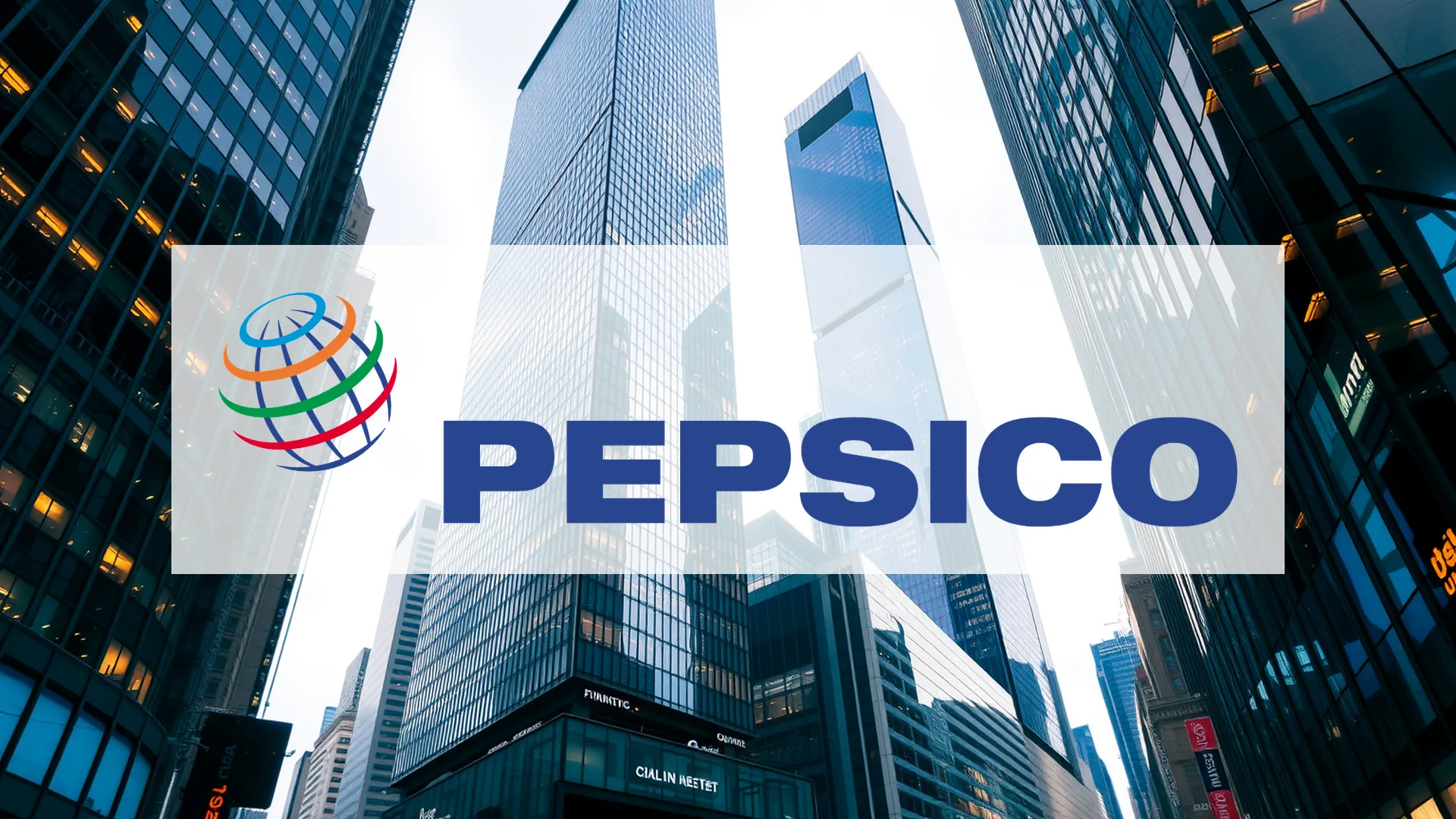PepsiCo delivered a robust third-quarter earnings beat, yet market analysts remain divided on the beverage and snack conglomerate’s future trajectory. The company’s financial performance, reported on October 9, surpassed Wall Street projections despite concerning signals emerging from core markets.
Financial Performance Exceeds Expectations
The quarterly report revealed earnings of $2.29 per share, comfortably exceeding the $2.26 consensus estimate among financial analysts. Revenue figures similarly impressed, climbing 2.7% year-over-year to reach $23.94 billion, again outperforming market forecasts.
However, beneath these strong headline numbers lies a more complex story. The revenue growth appears largely driven by strategic price increases rather than genuine consumer demand expansion. PepsiCo implemented average price hikes of 4% across its product portfolio, yet simultaneously witnessed a 1% decline in global sales volumes.
North American Market Shows Particular Weakness
The volume contraction proved most pronounced in PepsiCo’s home market of North America, raising concerns among investors. Beverage volumes dropped by 3% in the region, while snack products experienced an even steeper 4% decline. This divergence between pricing power and actual consumption patterns suggests potential challenges ahead for the consumer goods giant.
Should investors sell immediately? Or is it worth buying PepsiCo?
Divergent Analyst Views Reflect Uncertainty
Financial institutions have responded to these mixed signals with conflicting recommendations. UBS maintained its positive outlook on Monday, reaffirming its “Buy” rating and expressing confidence in management’s strategic direction. Conversely, both Morgan Stanley and Wells Fargo maintained their neutral “Hold” positions, citing ongoing market share erosion in critical North American segments.
CEO Ramon Laguarta’s response focuses on product innovation and operational efficiency. The company plans a comprehensive global repositioning of its Gatorade sports drink brand by 2026, while simultaneously expanding zero-sugar offerings to attract health-conscious younger consumers. Additionally, management has committed to “aggressively optimizing” cost structures, indicating mounting pressure on profit margins.
The fundamental question for investors remains whether PepsiCo’s pricing strategy represents sustainable business strength or merely temporary financial engineering that masks deeper market challenges.
Ad
PepsiCo Stock: Buy or Sell?! New PepsiCo Analysis from February 7 delivers the answer:
The latest PepsiCo figures speak for themselves: Urgent action needed for PepsiCo investors. Is it worth buying or should you sell? Find out what to do now in the current free analysis from February 7.
PepsiCo: Buy or sell? Read more here...










